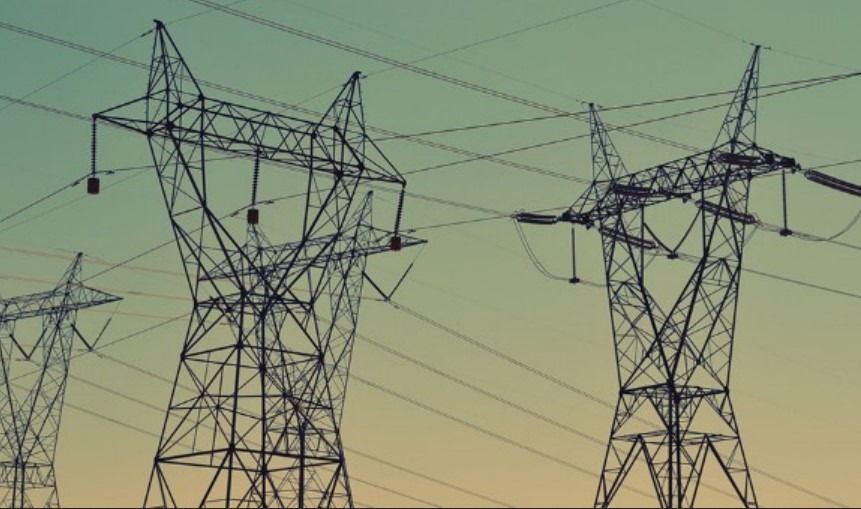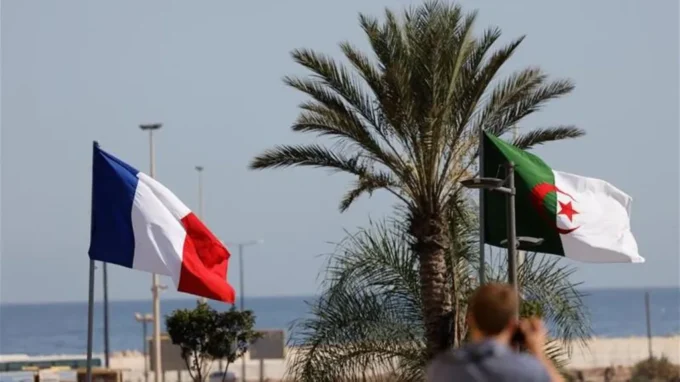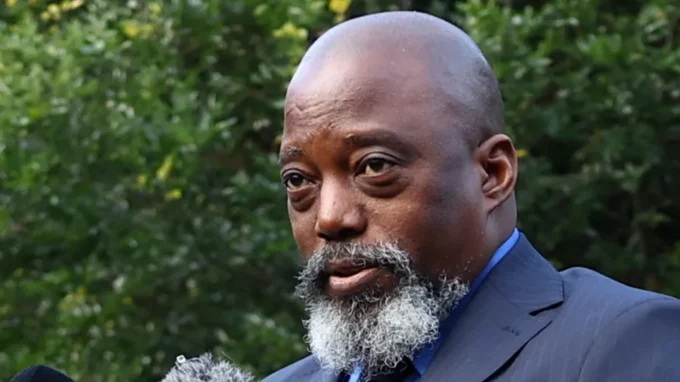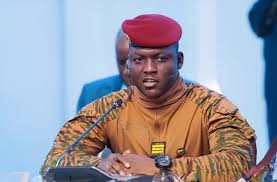The Nigerian government is set to embark on an ambitious journey to electrify the nation’s underserved regions with a $750 million rural electrification project, backed by the World Bank. Slated to begin in November, this initiative aims to provide sustainable electricity to an estimated 17.5 million Nigerians, addressing the critical energy needs of the country.
The project, dubbed the Distributed Renewable Energy Scale-Up, will leverage renewable energy sources to power remote areas that currently lack reliable access to electricity. By deploying a combination of isolated and interconnected mini-grids, marched grid systems, and stand-alone solar setups, the initiative seeks to create a resilient and diversified energy landscape.
Engr. Abba Abubakar Aliyu, the Managing Director of the Rural Electrification Agency (REA), shared insights on this landmark project during an interview on Channels Television’s Sunrise Daily program. He emphasized that the effort is one of the most ambitious of its kind globally, with a focus on reaching a substantial number of unserved and underserved citizens.
“This project is set to electrify 17.5 million Nigerians using renewable energy sources,” Aliyu stated. “We anticipate that around three million people will benefit from isolated mini-grids, while 1.5 million will receive power from interconnected mini-grids. The remaining beneficiaries will be connected through marched grid systems and stand-alone solar technologies.”
The anticipated duration for the project is approximately five years, and it builds upon the successes of prior initiatives that have already made strides in enhancing energy access. Aliyu highlighted that the project is expected to attract over $1 billion in private investment and additional support from esteemed international partners, including the Global Energy Alliance, USAID, and the Japan International Cooperation Agency (JICA).
The significance of this project cannot be overstated, as Nigeria grapples with a staggering energy deficit that leaves over 90 million citizens without electricity. The initiative is poised to alleviate energy poverty, boost economic opportunities, and enhance the quality of life for millions of individuals across the country.
As the world increasingly shifts towards sustainable energy solutions, Nigeria’s commitment to renewable energy represents a critical pivot in its energy landscape. By prioritizing renewable sources, the government is not only addressing immediate power shortages but also aligning itself with global climate goals.
Moreover, the project is part of a broader strategy to create a self-sustaining energy ecosystem in Nigeria. By fostering local involvement and encouraging private sector participation, the REA aims to empower communities to take charge of their energy resources, ensuring that the benefits of electrification are both equitable and sustainable.
In a landscape where energy access is paramount to economic development, the Distributed Renewable Energy Scale-Up project holds immense promise. It symbolizes a concerted effort by the Nigerian government to turn the tide on energy poverty and establish a robust framework for future energy generation and distribution.
As Nigeria prepares to launch this transformative project, the eyes of the nation and the world will be on its progress. The anticipated outcomes not only have the potential to reshape the lives of millions but also to position Nigeria as a leader in renewable energy adoption across the continent. In doing so, the project stands as a testament to Nigeria’s resilience and determination to power its future sustainably.














Leave a comment